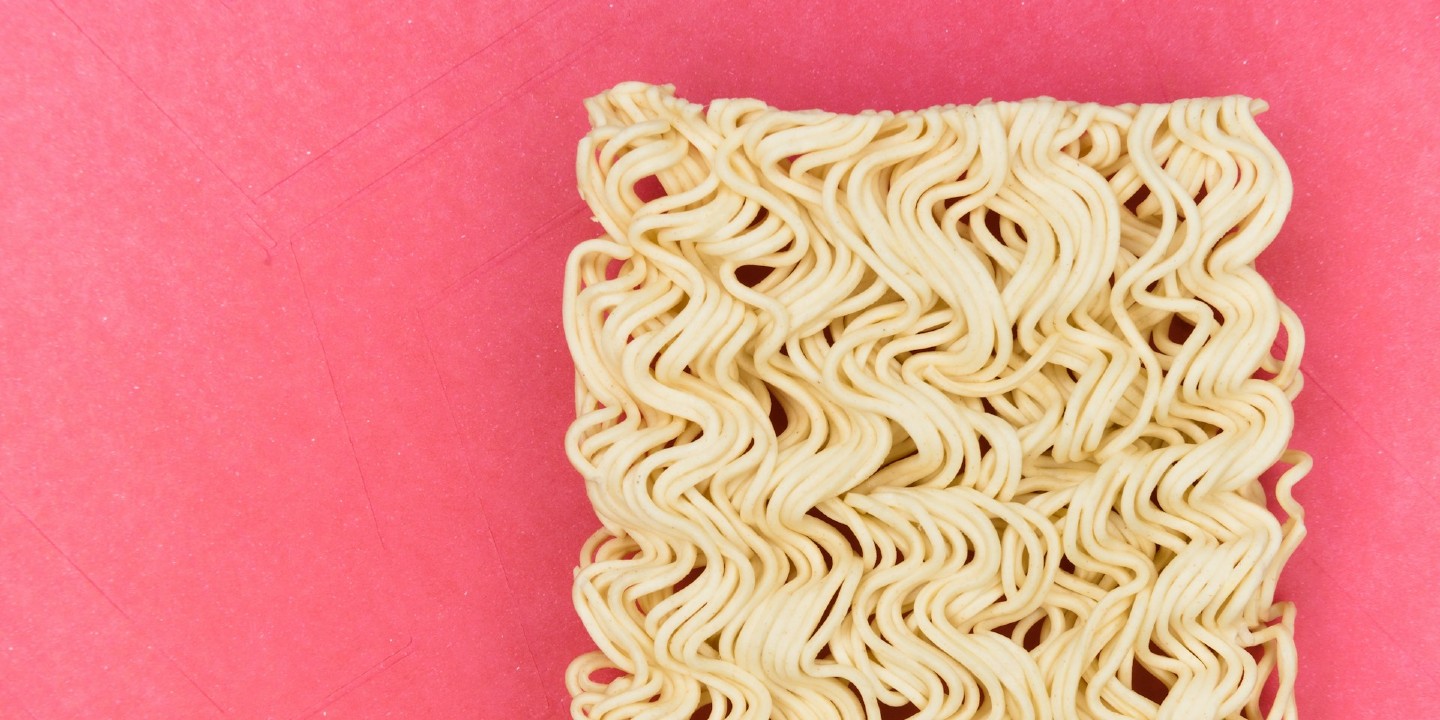Your Pantry Wins And Fails
Bulk buying is touted to be a smart way to shop. However, if not done smartly, your fridge can turn into a waste zone. While some foods stay around for a long time and maintain their quality, others expire quickly or lose their bite. What lies ahead can aid your next shopping trip as it exposes foods that are great bulk buys and those that aren't. Let's begin with 10 foods to avoid buying too much of.
1. Fresh Produce
Spinach, lettuce, and cucumbers wilt within days, leaving you with soggy leftovers. Bulk greens rarely last for long, so only buy a lot if you're feeding a crowd. Keep your produce crisp and usable by buying only what you can finish before it spoils.
2. Bread And Bakery Items
Nothing stays fresh forever, especially these ones. A couple of days on the counter, and these are either dried out or growing spots. Freezing works, but smaller loaves make life easier. That way, you enjoy your toast and escape the waste.
3. Cooking Oils
Getting a big bottle might sound like a good idea, but the flavor doesn’t hold up. As time passes, heat and light begin to break it down, ruining the oil’s taste. That’s why smaller bottles stay fresher longer and help your food keep the flavor it deserves.
4. Nuts And Seeds
Crunch isn’t guaranteed once air sneaks into nuts and seeds. The passage of time makes almonds, walnuts, sunflower seeds, chia, and flax degrade in both texture and taste. Keep them sealed tight in cool spaces, and only buy what fits your pace.
5. Spices And Ground Herbs
What starts off fragrant can lose its punch fast. Their color dulls and their kick disappears after sitting for too long. Avoid stale cumin or cinnamon disasters by refreshing your rack with mini jars. Shorter shelf time means more vibrant meals.
6. Condiments
Dressings and spreads lose their edge by week six, especially if double-dipped or left near fridge doors. Bulk jars of mustard, ketchup, ranch, or mayo might seem thrifty, but the smartest choice is sticking to sizes you’ll actually finish in time.
 LAUICKWUIR loopwourawoe 01 on Wikimedia
LAUICKWUIR loopwourawoe 01 on Wikimedia
7. Dairy Products
Bulk dairy rarely plays nice with time. Once opened, they attract bacteria even when refrigerated. If you're not consuming them daily, the risk of spoilage outweighs the savings. Choose smaller portions that finish fresh and keep your kitchen safe and smooth-running.
8. Coffee
A Consumer Reports study found ground coffee lost 60 percent of its aroma within two weeks. Coffee beans start losing flavor the moment you break the seal. For anyone who’s not a daily brewer, smaller bags ensure your morning cup stays bold and satisfying.
9. Flour And Baking Mixes
Flour might look pantry-safe, but it absorbs moisture and odors fast. Also, unused jumbo packs attract pests and grow stale. Whether you bake often or rarely, fresher results come from smaller bags that stay clean and ready.
10. Chips And Snack Packs
Once opened, air sneaks in and starts to affect both flavor and texture. Oversized chip bags are crunchy in theory but soggy in reality. Snacks lose 30 percent of their freshness after resealing. For max crunch, go with portioned packs.
Now, let's talk about the pantry heroes that never betray your budget.
1. Rice
So many cultures have built their entire cuisines around rice. This grain delivers that versatility. Be it Jasmine, basmati, or plain white varieties, they stay fresh for over 20 years in oxygen-free containers. Your dinner possibilities become limitless with this single purchase.
2. Pasta
Dry pasta comes in different shapes, including spaghetti and penne. It also maintains perfect texture for two years in cool storage. Whatever shape you choose, it transforms boring nights into comforting meals within minutes of that first hungry thought.
3. Canned Beans And Legumes
Plant-based protein gets a lot of praise from nutritionists, and these are some of the easiest ways to add it. Just rinse and toss into any dish, and your salads or stews instantly feel more filling. Also, beans and lentils stay good for years.
 Kenneth C. Zirkel on Wikimedia
Kenneth C. Zirkel on Wikimedia
4. Frozen Vegetables
Peas and spinach, when frozen at peak ripeness, retain up to 90 percent of their nutrients, according to Clemson University. One big bag saves dozens of trips to the store and turns any bland dish into something green and good.
5. Oats And Rolled Grains
These grains stay fresh for over a year when sealed well. They help lower cholesterol and make meals that actually keep you full. Whether you’re cooking sweet or savory, you can always count on rolled and steel-cut oats.
6. Dried Lentils And Pulses
If you love clean eating and big portions, they belong in your kitchen lineup. These hearty pulses keep for years without preservatives and cook quickly. Red, green, black, or brown, they adapt to every flavor and bring plant-based protein that matters.
7. Peanut Butter Or Nut Butter
Peanut or cashew-sealed jars hold up for nine months without refrigeration. Rich in healthy fats and endlessly snackable, they fuel your day with flavor. Flip the jar upside down to keep it creamy without the messy stir.
8. Honey
It never expires, thanks to its natural acidity and low water content, backed by Food Chemistry studies. Use it for baking, dressings, or calming cups of tea. One jar lasts forever, making it the sweetest long-term investment.
 Arwin Neil Baichoo on Unsplash
Arwin Neil Baichoo on Unsplash
9. Frozen Cuts Of Meat
Properly vacuum-sealed cuts stay safe for months and retain peak quality for up to a year. From cuts of chicken to hearty fish fillets, filling your freezer now means dinner is always just one thaw away.
10. Sugar
Bakers understand sugar's reliability better than most. Granulated varieties never spoil when kept dry and sealed. White, brown, and raw types power endless recipes without emergency store runs. Also, sweet treats stay fresh longer when stored in dry conditions.

























